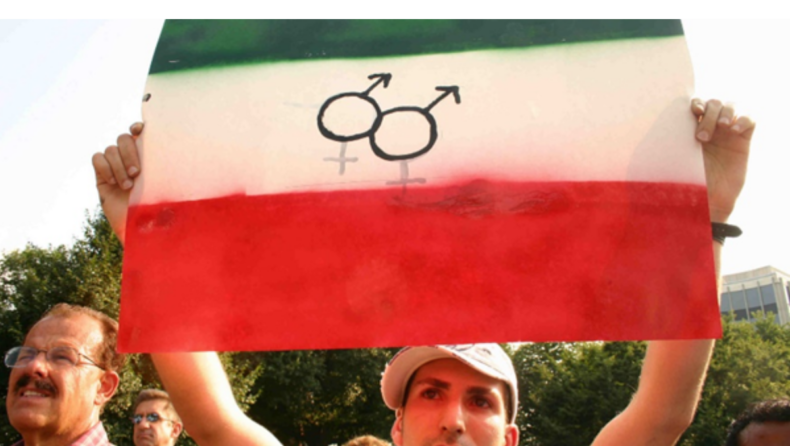Two LGBT activists were sentenced to death in Iran recently, and this is not the first case in Iran
A court in Urmia charged guilty Zahra Seddiqi Hamedani, 31, and Elham Choubdar, 24 of promoting and spreading homosexuality, Christianity, and community with media opposed to the Islamic republic.
In Iran, this has become a popular trend to curb the voices and punish them for raising concerns for their rights. As it is this death penalty is not the first act of repressiveness carried out by the Iranian government.
Why are LGBT activists being detained?

To understand the current situation of the LGBTQ community in Iran, let’s look at it its background. Under the penal code 2013, same-sex sexual activity is prohibited, which also criminalizes acts of ‘livat’ or intimate acts.
These are punishable offenses in Iran with the maximum penalty of death. Both men and women are criminalized under this law. This law has its root in Islamic law, based upon sharia principles.
In recent years the discrimination and segregation of the LGBTQ community is on the brink. There have been consistent reports of violence and discrimination committed against the community by the government, society, and family at large. This includes assault, harassment, murder, and denial of basic rights.
This puts people in a very difficult situation where they end up losing their jobs because of their sexual orientation or being abandoned by their families. In this situation, they can’t even file a complaint or take legal action against the wrongdoers because of the absence of basic rights.
Who are these two activists and what happened?

Amnesty International described Seddiqi Hamedani as a “gender non-conforming human rights defender”. She has been charged only based on her sexual orientation and social media posts supporting LGBT rights. The court charged her by making a statement that she is spreading “corruption on earth”.
She is from the Kurdish town of Naqadeh in west Azerbaijan, which borders both Turkey and Iran. In October 2021 she was detained by Islamic Revolution Guard Corps (IRGC) while she was trying to cross into Turkey to seek asylum.
According to amnesty, this January, Hamedani was presented before a prosecutor in Urmia, where she was accused of “spreading corruption on earth”, which included promoting homosexuality, and Christianity, and using hostile media for doing the same.
“I want you to know how much pressure we LGBT people endure. We risk our lives for our emotions, but we will find our true selves… I hope the day will come when we can all live in freedom in our country.” Said Siddiqi in a recorded video.
Nothing much is known about Elham Choubar except for the fact that she was from Urmia.
Germany-based Iranian lesbian and transgender network called on foreign governments to put pressure on the government to release both activists.
What are the issues?
There is a lack of information related to medical assistance and other important information, which puts them in a box and bars them from exploring their sexuality and expressing themselves.
As a result of the constant fear of being punished by the government, there has been an increase in migration to other countries like Canada to escape discrimination and persecution. So, providing and making information accessible becomes the main goal.
Many people from the LGBTQ community think that they are sick and abnormal because of how the state media is hostile towards homosexuality.
Homophobia doesn’t have adherence to any boundaries. It exists everywhere. Western countries are also no exception to this. Just like in Iran, Saudi Arabia, and Afghanistan LGBTQ+ community is still fighting to get their basic rights.













